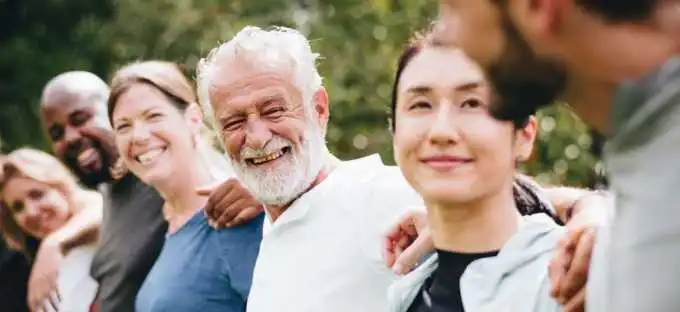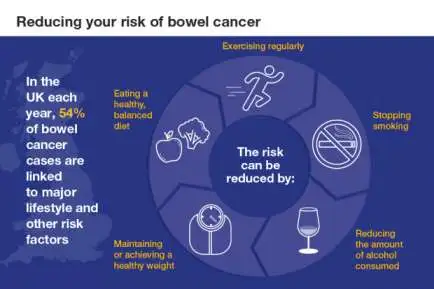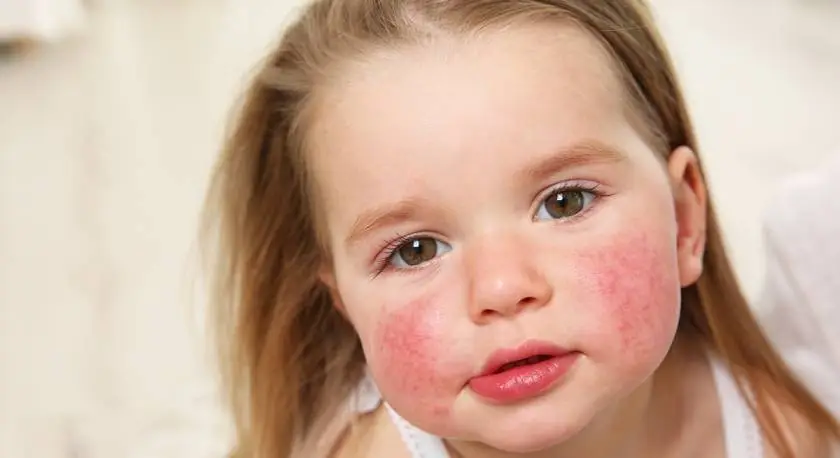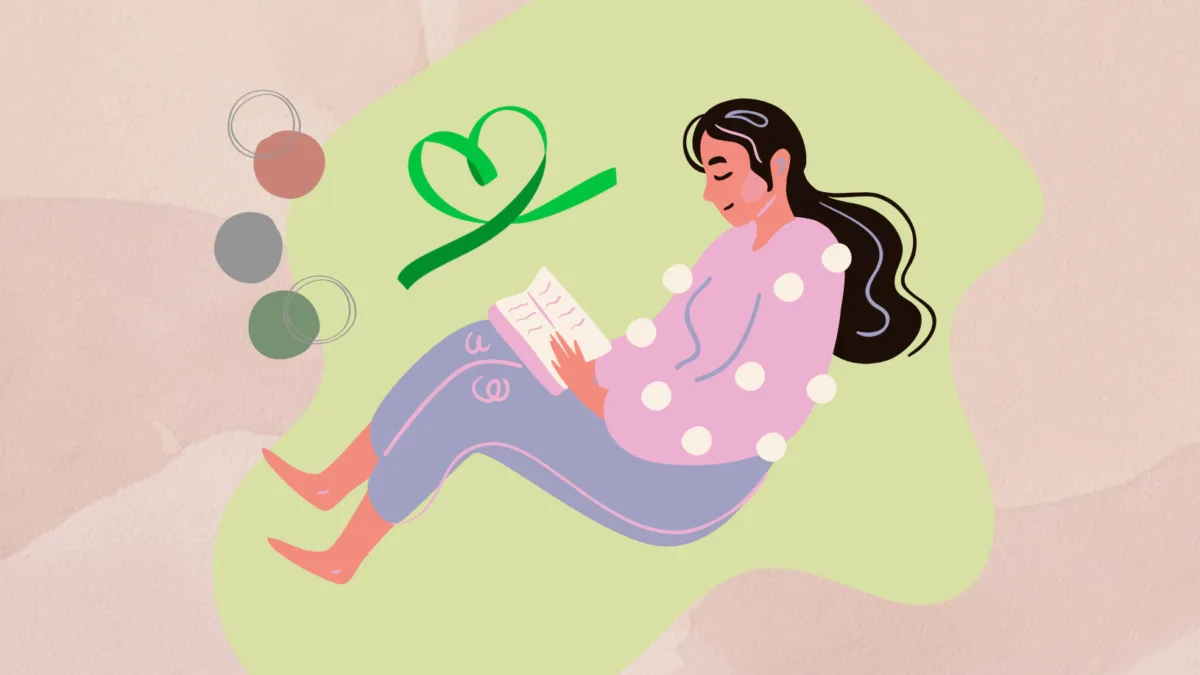
New data from Counselling Directory reveals that the number of young men reaching out for mental health support has increased dramatically in the last year
In the UK, young men are one of the most vulnerable groups when it comes to mental health, with three times as many men than women dying by suicide, and men making up just 36% of referrals to NHS talking therapies.
But, new data from Counselling Directory shows that things may be taking a turn for the better, as a new report revealed an astonishing 217% increase in the number of young men looking for mental health information and resources in 2020.
The directory, which allows users to search for counsellors in their area and working remotely, saw the number of young men – aged between 18 and 24 – accessing help leapt up, compared to last year; with young men making up 37% of total users in 2020, compared to 27% for the same period in 2019.
Beyond the numbers, counsellor and Counselling Directory member Sean Tierney has seen this trend playing out in his practice.
“As of September 2020, for the first time since I have had my private practice, male clients outnumber female clients, so I am definitely seeing a trend in men reaching out,” he says. “I do feel that with each generation, the expectation of men and masculinity and what that means is changing and that feels positive.”
In recent years, charities and organisations such as Movember, CALM, and Men’s Minds Matter have worked tirelessly to bring down the stigma surrounding men’s mental health, and encourage men to reach out to friends, family, and professionals. This effort seems to be paying off but there are still some areas where more work is desperately needed.

Data from the NHS shows that the rate of detentions under the Mental Health Act in England is four times higher for Black people than it is for white people. And Counselling Directory member Damion Brevitt sees particular barriers preventing young Black men from reaching out for help.
“Primarily, they [young Black men] mention the difficulty in finding a Black male therapist, whether it be via directories or within the NHS,” Damion explains. “They point out that independent groups or community services that target Black men are largely US-based. Those in the UK are few in number and are not really in the spotlight. Last, if they have chosen a therapist previously who is white; it appears to be a lottery as to their understanding as to the breadth and depth of the Black experience.”
With a look to the future, there is still a long way to go to make sure that everyone has equal assess to resources, and to also end stigma and discrimination. But in our own lives, we can all take steps to reach out to those around us, to listen, and to be there when we’re needed.
Related Post
 08
08 Jul
What Is Self-Management of Chronic Disease?
Diabetes, joint inflammation, hypertension, lung illness, corpulence and other persistent sicknesses can make life challenging to oversee for a great many more seasoned grown-ups, frequently compelling them to surrender their freedom. The Challenges of Chronic Disease More established grown-ups are lopsidedly impacted.
Read More 01
01 Jul
7 Lifestyle Tips to Reduce Your Cancer Risk
How in all actuality do individuals bring down the possibilities getting malignant growth? There's a lot of exhortation. Yet, on occasion, guidance from one review conflicts with the exhortation from another. Disease avoidance data keeps on creating. In any case,.
Read More 27
27 Jun
Effective Allergy Treatments for Kids: A Comprehensive Guide
Is your youngster experiencing a runny nose, sniffling, and bothersome eyes? Assist them with feeling improved with these regular sensitivity cures you can attempt at home. Does your kid have a runny nose, sniffling, and irritated eyes? They may be managing.
Read More 20
20 Jun
Journal Prompts for Mental Health: 7 Ideas to Explore
Journaling has a heap of psychological well-being benefits, however you don't necessarily have any idea what to expound on to get the worth out of a journaling meeting. That is where journaling prompts for treatment come in. More profound diary prompts.
Read More